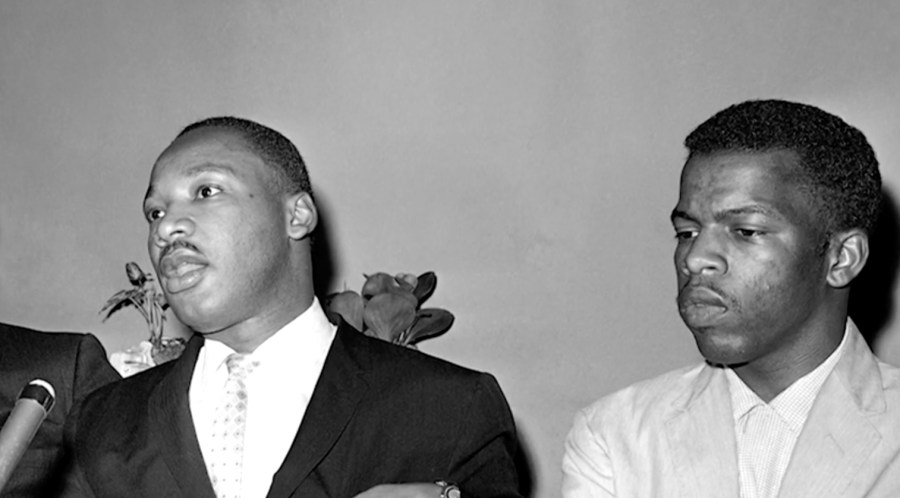MEMPHIS, Tenn. — Longtime Congressman John Lewis was marching and protesting decades before the Black Lives Matter movement even began.

Rep. Lewis was a civil rights giant who once walked alongside Dr. Martin Luther King Jr. in the 1960s.
But Lewis also behind his own lasting legacy of never backing down to injustice after he died Friday night following an eight-month battle with pancreatic cancer.
Memphis’ retired state representative and fellow civil rights activist Johnnie Turner said Rep. Lewis helped to pave the path the country is still traveling down.
“The fight is not over, there’s always work that needs to be done to make this world a better place,” Turner said. “We have lost a remarkable, compassionate, concerned, fearless young man.”
Turner said Rep. Lewis’ drive and commitment for positive change is what kept him young in spirit. The son of sharecroppers just turned 80 years old this year.
He was elected to Congress in November 1986 and spent 33 years as a lawmaker.
His presence and push for change was on full display when he stopped by the National Civil Rights Museum in Memphis in 2018.
Rep. Lewis recalled the moment he became a crusader for change with Dr. King while still a teenager.
“He changed my life,” Rep. Lewis said in Memphis in 2018. “He inspired me to stand up, to speak up and to never give up.”
The congressman was an inspiration himself.
“I always said when you see something that is not right, not fair, not just, you have a moral obligation to say something and to do something,” he said.
Those powerful words were backed with unwavering persistence and a legacy that lives on.
“I really highly, highly respected John Lewis,” Turner said.
Tennessee Gov. Bill Lee ordered flags to be lowered to half-staff across the Volunteer State to recognize Rep. Lewis’ “transformational role in the Civil Rights Movement.”
- Financial Friday: Unlock Your Home’s Potential with a HELOC from Leaders Credit Union
- Bright Spot 4-25
- Trump ordered to give some Venezuelans 21 days notice before deportations
- Overton Park Shell reveals free concert series lineup
- Operation Babylift crash survivor still searching for answers 50 years later
















